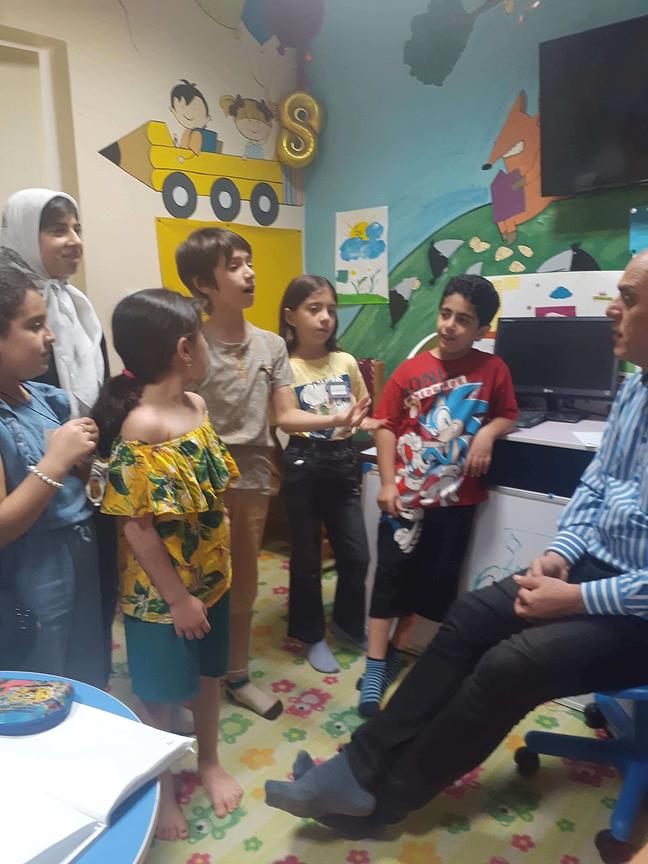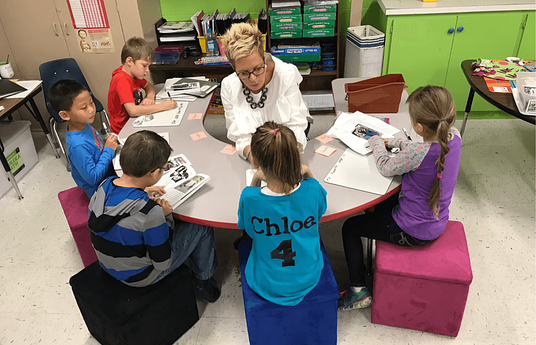The innovation of Dialogue Plus Questioning was created to address the limitations of traditional educational approaches that often prioritize passive learning over active engagement. We recognized that many students were disengaged from their learning experiences and lacked the critical thinking skills necessary for success in the modern world.
Teachers facilitate structured dialogues where students engage in meaningful discussions about course material, current events, or real-world problems. These dialogues encourage active listening, respectful communication, and the exchange of diverse perspectives.
Teachers pose thought-provoking questions that challenge students to think critically and creatively. Students are encouraged to explore these questions through research, experimentation, and collaborative problem-solving, fostering a spirit of inquiry and discovery.
eachers use the Socratic method to guide students through a series of probing questions, encouraging them to analyze, evaluate, and synthesize information independently. This promotes deep learning and helps students develop higher-order thinking skills.
After engaging in dialogue and questioning activities, students reflect on their learning experiences and provide feedback to their peers.
Education organizations and institutions host professional development workshops and training sessions to introduce teachers to Dialogue Plus Questioning techniques. These workshops provide educators with practical strategies and resources for implementing the approach in their classrooms.
Dialogue Plus Questioning is often showcased at educational conferences, seminars, and events where educators come together to share best practices and innovative ideas. Presentations, panel discussions, and hands-on workshops provide opportunities for educators to learn about and experience Dialogue Plus Questioning firsthand.
Familiarize yourself with the principles and techniques of Dialogue Plus Questioning by reading books, articles, and resources on the topic. Look for examples of how it has been implemented successfully in other classrooms and educational settings.
Create a supportive learning environment where students feel comfortable expressing their ideas, asking questions, and engaging in dialogue.



